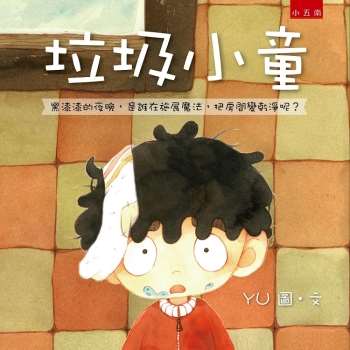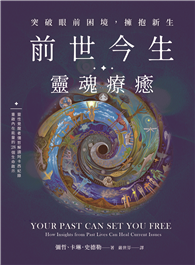This book brings together international scholars to examine and share new approaches in the history of women’s rescue and resistance during the Holocaust and the Armenian and Rwandan genocide.
The activities of women during the Holocaust have often been forgotten, erased, misunderstood, or intentionally distorted. Jewish women and those of all faiths fought with dignity, compassion, and courage to save others from the murderous Nazi regime in many nations. Women played essential roles operating educational, cultural, humanitarian and armed resistance initiatives, thereby preserving social customs, religious traditions, lives and histories in defiance of oppression in the Holocaust and other genocides. There remain many untold, heroic stories of women challenging the Nazis with pen, pistol or sabotage.
With contributions from a collection of authors, some of whom are descendants of resistance leaders, the chapters focus on different kinds of activities which are considered as forms of resistance or Amidah: strengthening solidarity among themselves, creating open, but hidden spaces for cultural life, promoting religious or political activities, acting as leaders in networks of defiance and transferring important information within the camp or to the outer world, among others. Discussing the efforts to respond with humanity to the inhumanity that these women confronted, this volume will open up avenues of inquiry that are critical in the face of rising antisemitism and authoritarian movements that threaten democracy and mutual respect.
This volume will be of value to scholars and students interested in Second World War History, Women’s and Gender History, Jewish Studies, and the history of the Holocaust.





![塔木德:猶太人的致富聖經[修訂版]:1000多年來帶領猶太人快速累積財富的神祕經典 塔木德:猶太人的致富聖經[修訂版]:1000多年來帶領猶太人快速累積財富的神祕經典](https://media.taaze.tw/showLargeImage.html?sc=11100697818)






